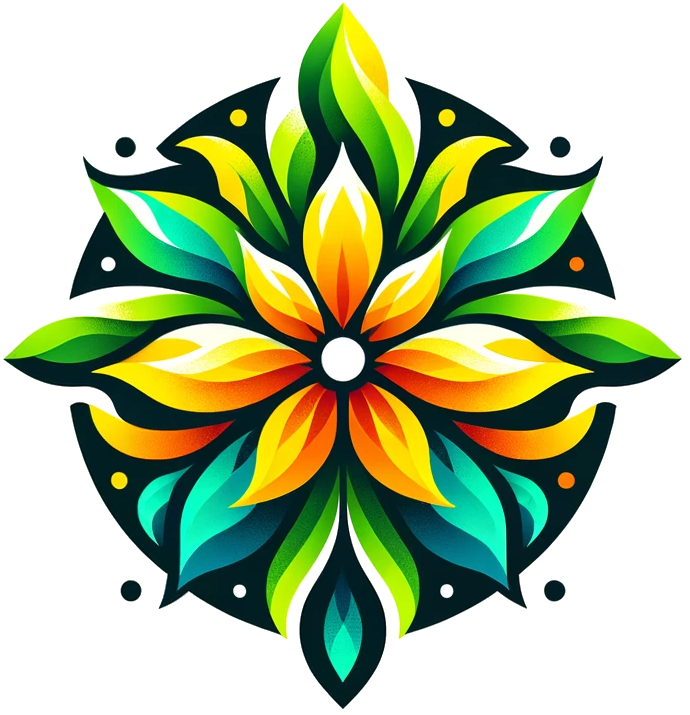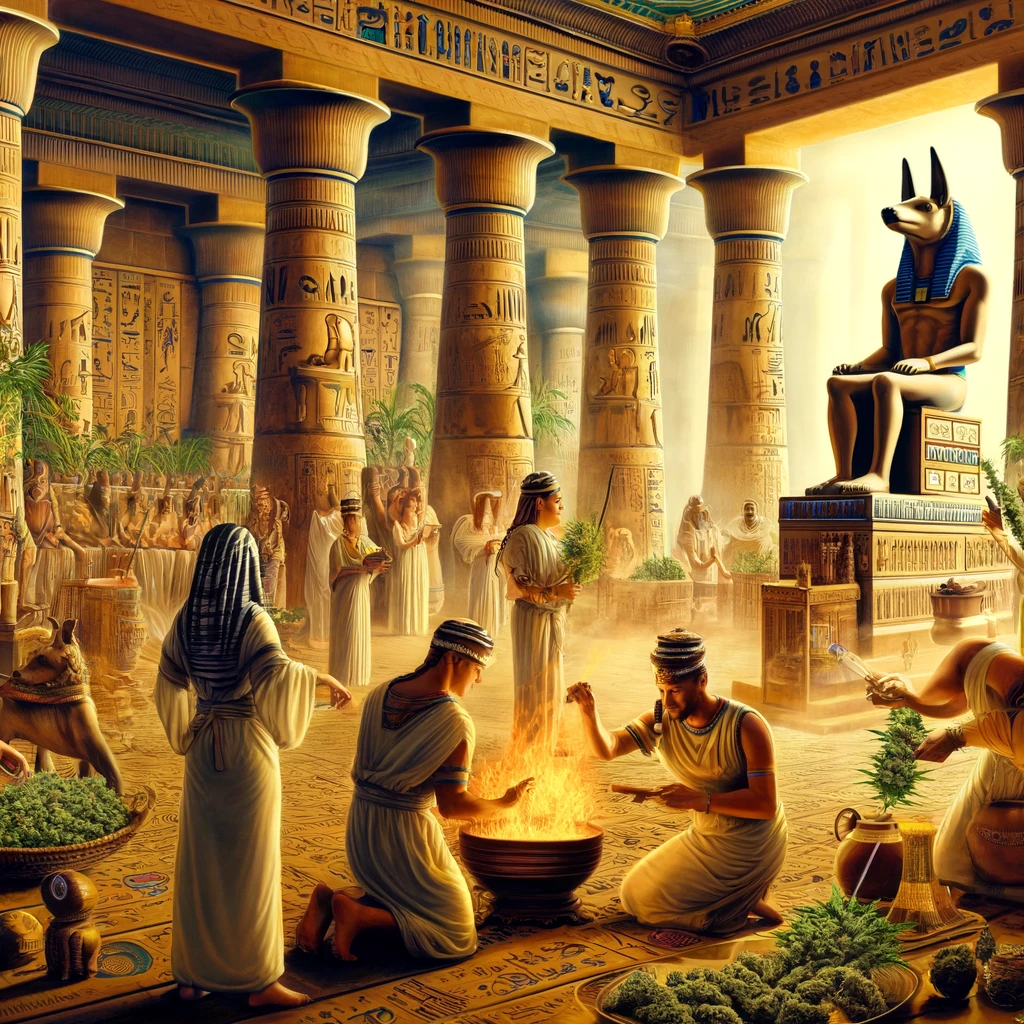A Divine Elixir
Ancient Egypt, with its rich tapestry of religious beliefs and practices, also had a connection to cannabis as a sacred plant. In this article, we delve into the role of cannabis in the ancient Egyptian religion, where the plant was believed to hold spiritual significance and healing properties.
Egyptian Religion: A Complex Pantheon
The ancient Egyptians had a complex and intricate religious system, with numerous gods and goddesses that played diverse roles in their cosmology. The religious practices were interwoven with daily life and held great importance in the society.
Cannabis in Healing Rituals
Cannabis, known as “shemshemet” in ancient Egyptian texts, was associated with the goddess Sheshat, who was revered as the goddess of wisdom, knowledge, and writing. Cannabis was believed to possess healing properties, and it was used in medicinal concoctions to alleviate various ailments.
Cannabis in Connection with Anubis
Cannabis was also associated with Anubis, the jackal-headed god of mummification and the afterlife. It was believed that cannabis played a role in facilitating the transition from the earthly realm to the realm of the dead. In this context, the plant was seen as a means of connecting with the spiritual world.
The Role of the “Ebers Papyrus”
The “Ebers Papyrus,” one of the oldest and most important medical texts from ancient Egypt, contains references to the use of cannabis for medical purposes. The papyrus describes various medicinal preparations that included cannabis, highlighting its significance in ancient Egyptian healing practices.
The Legacy of Ancient Wisdom
The use of cannabis in the ancient Egyptian religion highlights the intricate relationship between spirituality, medicine, and the natural world. While the religious and cultural practices of ancient Egypt have largely faded into history, the recognition of cannabis’s significance in their beliefs and healing traditions endures.

